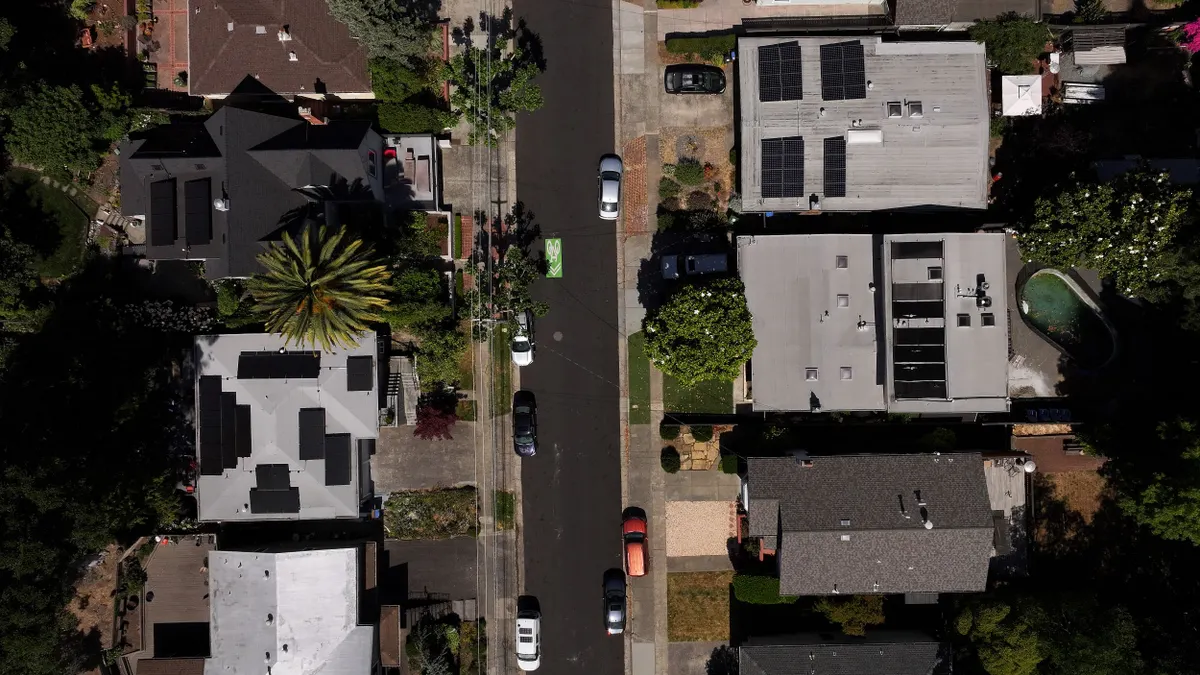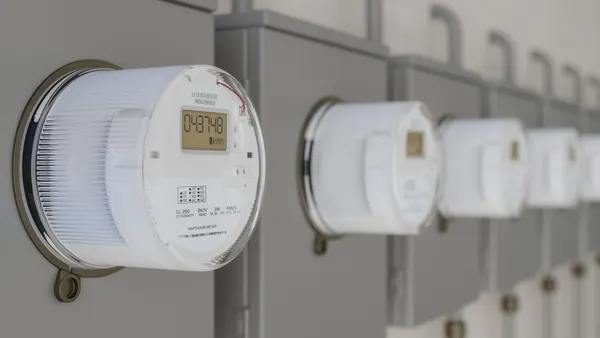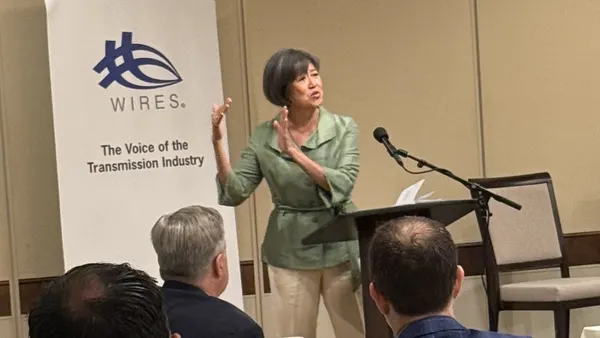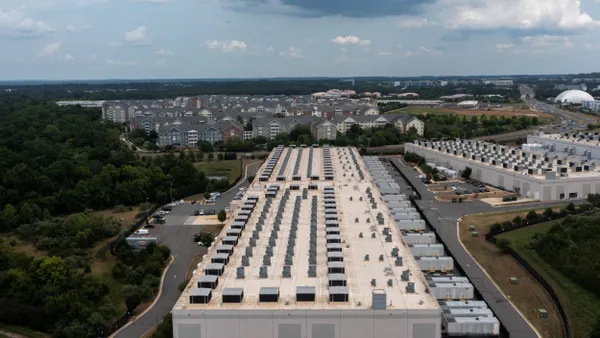Dive Brief:
- Florida residents could have a chance next month to grow business incentives for clean energy, when they vote on a constitutional amendment to give tax breaks for some clean energy investments in the August primary ballot.
- The amendment, known as Amendment 4, would aim tax breaks at C&I owners installing solar or investments in clean energy, but is seperate from a utility-backed initiative appearing on the November general ballot.
- State Sen. Jeff Brandes (R), who introduced Amendment 4 back in 2015, is launching a a new political committee aimed at raising money for the proposal, the Miami Herald reports. Southern Alliance for Clean Energy backs the Amendment 4, and said the tax breaks will incentivize solar installation in the state.
Dive Insight:
The ballot proposal, put forth by Florida Sen. Jeff Brandes (R) and Reps. Ray Rodrigues (R) and Lori Berman (D), has broad bipartisan support from lawmakers. It passed the Florida legislature in March.
“It is not surprising that advanced energy jobs in Florida are growing,” said Rep. Dane Eagle (R), chair of the House Energy & Utilities Subcommittee. “We need to provide a strong business environment that helps to foster the growth of these companies — with the least government intrusion as possible. The message we need to send is that Florida is open for business."
The Miami Herald reports it is unusual for a constitutional amendment to be placed on a primary election ballot, though it has occurred before. The decision may have been made to keep Amendment #4 separate from another solar issue on the ballot in November.
A utility-supported group, Consumers for Solar Choice, has placed an amendment on the November ballot to establish a right for consumers to own or lease solar equipment. An opposing group, which says CSC's ballot measure is actually anti-solar, has its own amendment which will not be on the ballot due to legal complications.
That measure, which courts deemed a referendum, is supported by Floridians for Solar Choice and would legalize third party ownership of distributed solar in Florida. It would also allow customers with systems of 2 MW or less to sell electricity directly to other consumers.
The CSS proposal would establish a constitutional right in Florida for customers “to own or lease solar” but wouldn't legalize TPO financing.
A new survey from Advanced Energy Economy Institute estimates Florida's advanced energy sector supported 140,282 jobs in 2015 — almost twice as many as the state's agricultural industry, and more than real estate. The jobs include a broad range of technologies, from storage to efficiency to grid management and transportation.














